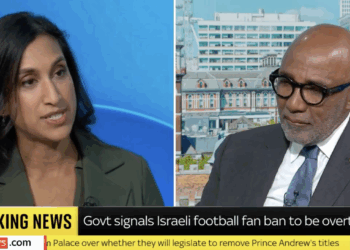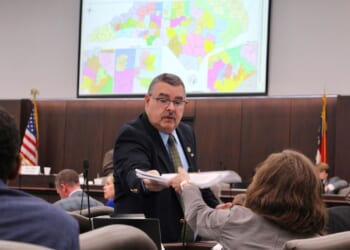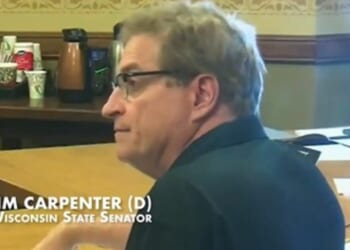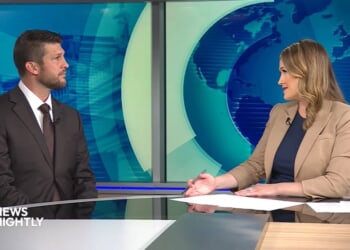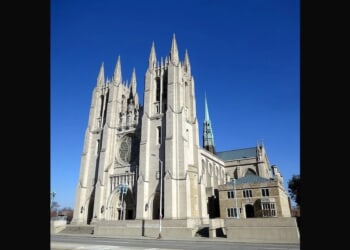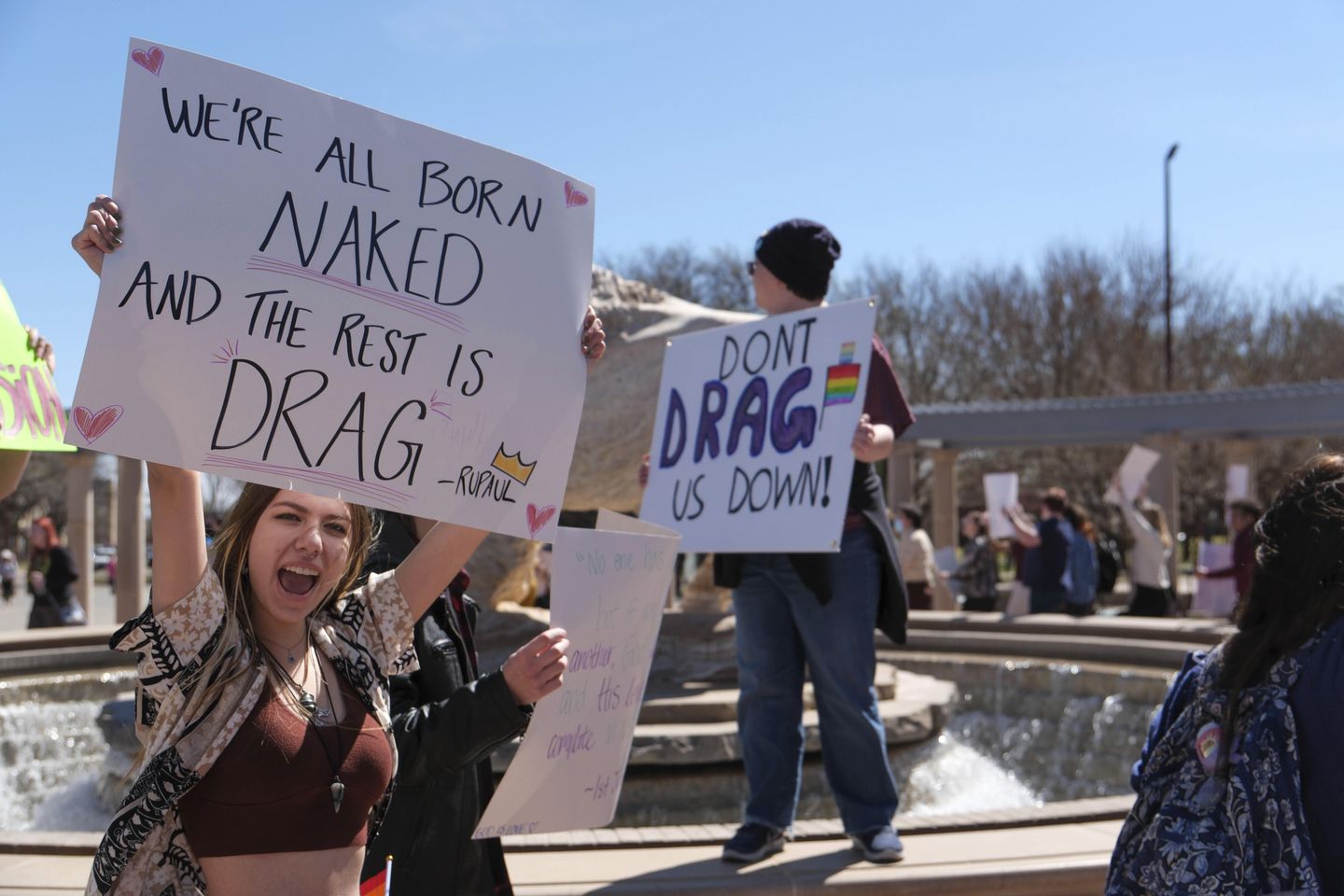
A federal appeals court tossed a lower court ruling Thursday that had blocked Texas’s ban on drag shows where kids are present, and suggested sexually explicit performances may not enjoy First Amendment protections.
The 5th U.S. Circuit Court of Appeals, in a 2-1 decision, ordered a lower judge to reconsider the case, which deals with a ban on “sexually oriented performances.”
The ruling allows the law to go into place while the case develops further.
Judge Kurt D. Engelhardt, writing the majority opinion, said drag performers can still argue in lower court that their performances are protected by the First Amendment, though he sounded skeptical that will ultimately prevail.
“We have genuine doubt, however, that pulsing prosthetic breasts in front of people, putting prosthetic breasts in people’s faces, and being spanked by audience members are actually constitutionally protected—especially in the presence of minors,” he wrote.
He compared the situation to nude dancing. Courts have found that it does have some protections, for example, up until the point where there is contact with a patron. He said that proves that parts of some activity can stray over the line.
That troubled Judge James L. Dennis, who partially dissented from the decision.
He said Judge Engelhardt’s analysis of First Amendment protections is not binding on lower courts and seems to contradict other “settled” cases.
Texas Attorney General Ken Paxton, who defended the state law, hailed the decision.
“I will always work to shield our children from exposure to erotic and inappropriate sexually oriented performances,” he said.
Plaintiffs and the American Civil Liberties Union of Texas, in a joint statement, called the decision “heartbreaking for drag performers, small businesses and every Texan who believes in free expression.”
“Drag is not a crime. It is art, joy and resistance — a vital part of our culture and our communities,” the groups said.

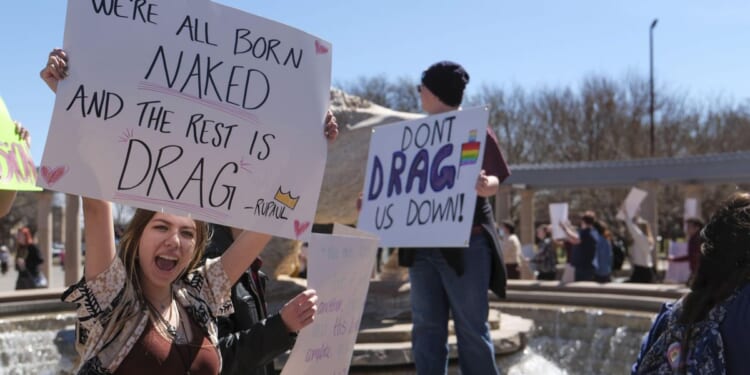
![Scott Bessent Explains The Big Picture Everyone is Missing During the Shutdown [WATCH]](https://www.right2024.com/wp-content/uploads/2025/11/Scott-Bessent-Explains-The-Big-Picture-Everyone-is-Missing-During-350x250.jpg)



